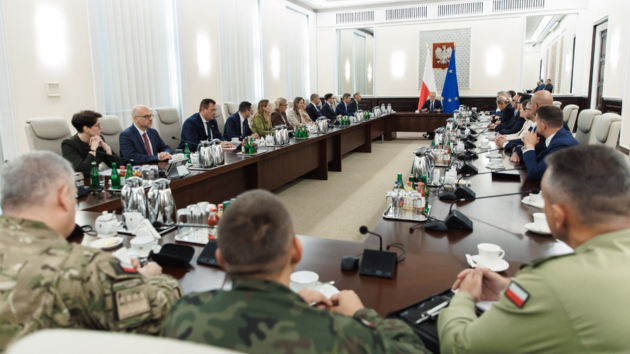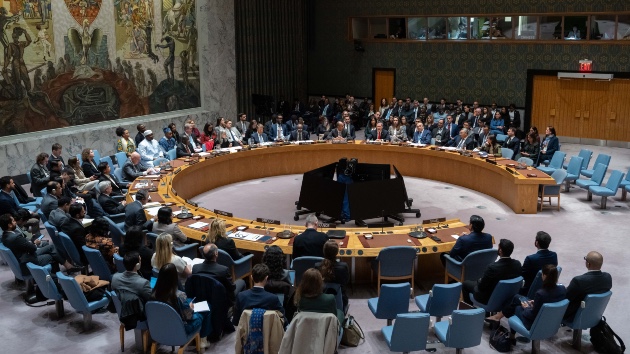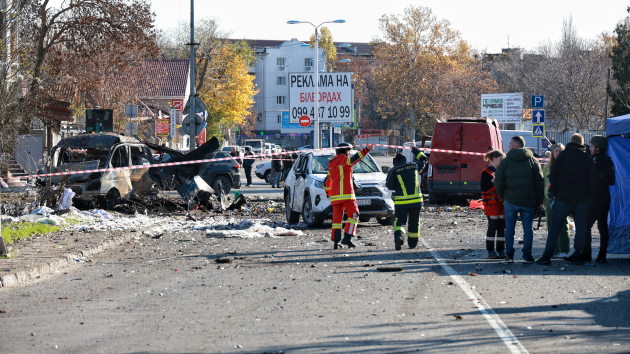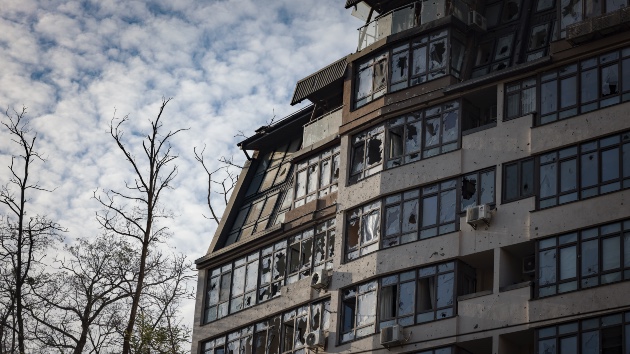NATO allies close airspace along Russia, Belarus borders after drone incursions
Written by ABC Audio ALL RIGHTS RESERVED on September 11, 2025

(LONDON) — Latvian Defense Miniter Andris Spruds announced Thursday that the country will become the latest NATO ally to close its airspace along its eastern borders with Russia and Belarus, following the intrusion of at least 19 Russian drones into Polish airspace this week.
“There is no immediate threat,” the minister said, adding that the border airspace will remain closed for at least one week until Sept. 18.
The country’s armed forces are “on heightened alert” during the “Namejs” military exercise, which began on Sept. 2 and will run until Oct. 8, Spruds said.
“Russian unmanned aerial vehicles in NATO airspace are a warning signal, and we must do everything possible to prevent an escalation of drone attacks,” the minister said in a statement published by the Defense Ministry.
“The closure of the Latvian airspace zone will allow us to fully control the restricted airspace, facilitate the detection of unauthorized flying objects, free up the restricted zone for NATO Baltic Air Policing mission fighter jets and our air defense,” Spruds said.
The closure will also “enable enhanced testing of acoustic airspace monitoring systems, conduct drone and counter-drone simulations, deploy additional mobile combat units and provide training,” he added.
Latvian forces “are permanently on duty in the eastern border area to shoot down aggressor-state drones if necessary,” the ministry said in its statement.
The Latvian announcement came hours after Poland’s Operational Command issued notification on Thursday of the closure of Polish airspace all along the 260-mile border with Belarus. Airspace was closed from late on Wednesday and will remain so until Dec. 9, the command said in a statement posted to X.
Last month, neighboring Lithuania declared a no-fly zone along its 56-mile border with Belarus from Aug. 14 until Oct. 1, with the option to extend the closure if deemed necessary. The restrictions there go up to 12,000 feet, meaning high-flying commercial aircraft can still transit the airspace.
Vilnius took the decision after two Russian Gerbera drones — one of which was carrying 4.4 pounds of explosives — crashed on Lithuanian territory having flown in from Belarus. Lithuania’s Defense Minister Dovile Sakaliene told ABC News that Lithuania is “ready” to shoot down any drones that enter the no-fly zone.
Estonia — which shares a 183-mile frontier with Russia — is now the only Baltic state not to have imposed new airspace restrictions along its eastern border.
Earlier this week, the Foreign Ministry in Tallinn summoned the Russian charge d’affaires at Moscow’s embassy after a Russian Mi-8 helicopter violated Estonian airspace over the Baltic Sea.
Foreign Minister Margus Tsahkna said the incident was the third of its kind in 2025. This week’s violation occurred near Vaindloo Island in the Gulf of Finland, around 17 miles north of Estonia’s coastline.
The helicopter was in Estonian airspace for around four minutes, the press service of Estonia’s Defence Forces said, with its transponder turned off and without a flight plan.
Estonia last month reported a Ukrainian drone crashing and exploding on its territory. Estonian police said the drone was likely en route to attack targets inside Russia. Tallinn blamed Russian jamming measures for the craft going off course.
A second Ukrainian drone crashed into the Russian portion of Lake Peipus, which forms part of the Estonia-Russia border, an Estonian military spokesperson confirmed to ABC News.
Copyright © 2025, ABC Audio. All rights reserved.





